Get Your Essential Pool Compliance Checklist Here
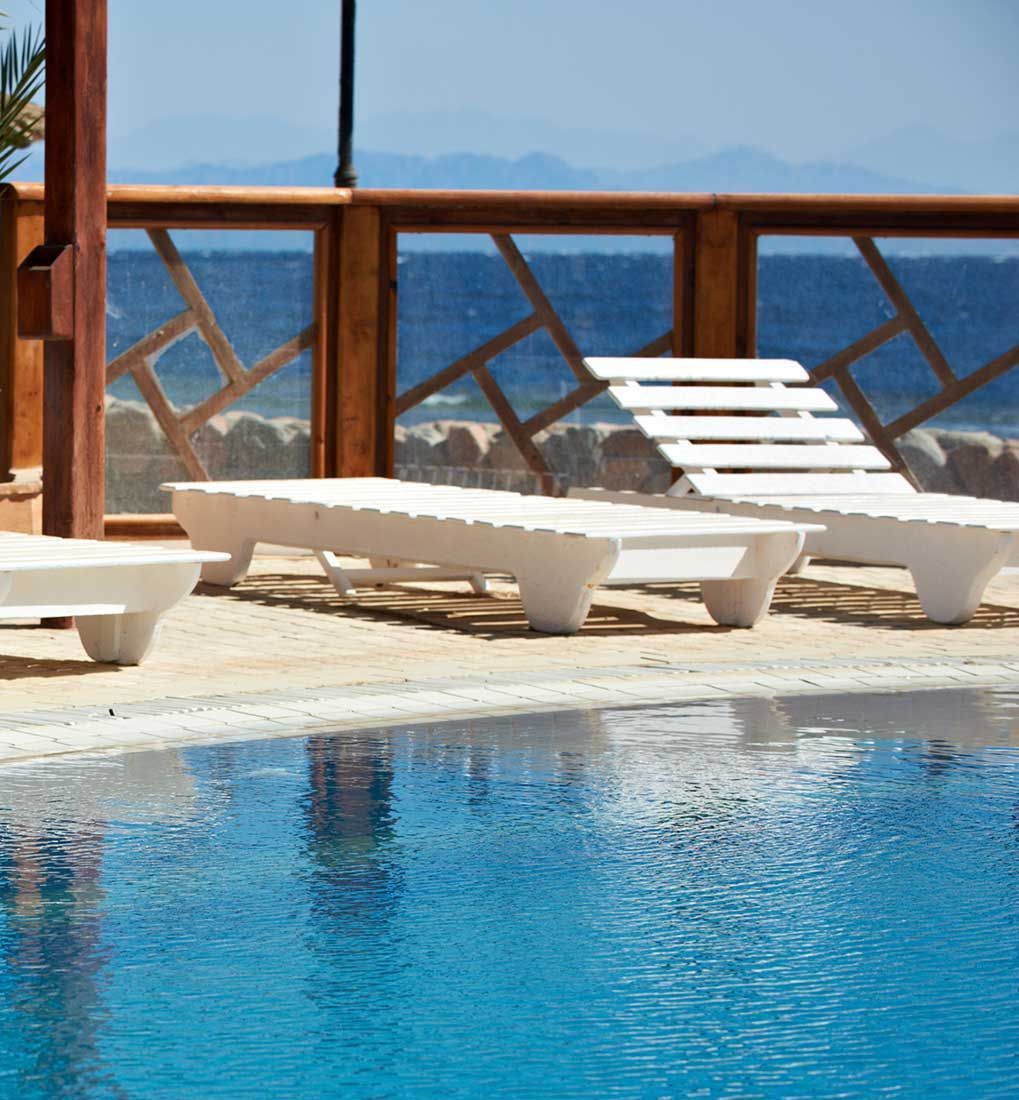
Swimming pools can provide a great source of entertainment and relaxation, but they also come with certain risks. It is essential for pool owners to follow a strict pool compliance checklist in order to ensure a safe and healthy environment for all users.
This checklist includes a variety of items such as fencing and gates, proper drainage, safety equipment, decks and surrounds, and water quality testing.
In order to fully understand the importance of following a pool compliance checklist, it is important to understand the risks associated with swimming pools. Improperly maintained pools can lead to a variety of issues such as drowning, slips and falls, shock, and a variety of waterborne illnesses.
Following the compliance checklist with the help of Pool Safety Check as your licensed pool inspectors can help eliminate these risks and ensure that all users are safe.
Your Pool Safety Checklist
Have a Safety Barrier
Adequate fencing and gates are a critical component of pool safety. The most effective system requires a four-sided fence with a self-closing, self-latching gate. Each side of the fence should be at least four feet high and the gate should be a minimum of 1200mm as well.
The gate should be located away from shrubbery or other objects that might interfere with its proper closure. All gates should be checked regularly to ensure that they are in good working order and are able to properly close and latch.
In addition, protective barriers such as nets, mesh covers, or above-ground pool alarms can be used to further increase pool safety. These devices should be properly maintained and checked frequently to ensure that they are in good working condition and are capable of functioning as designed.
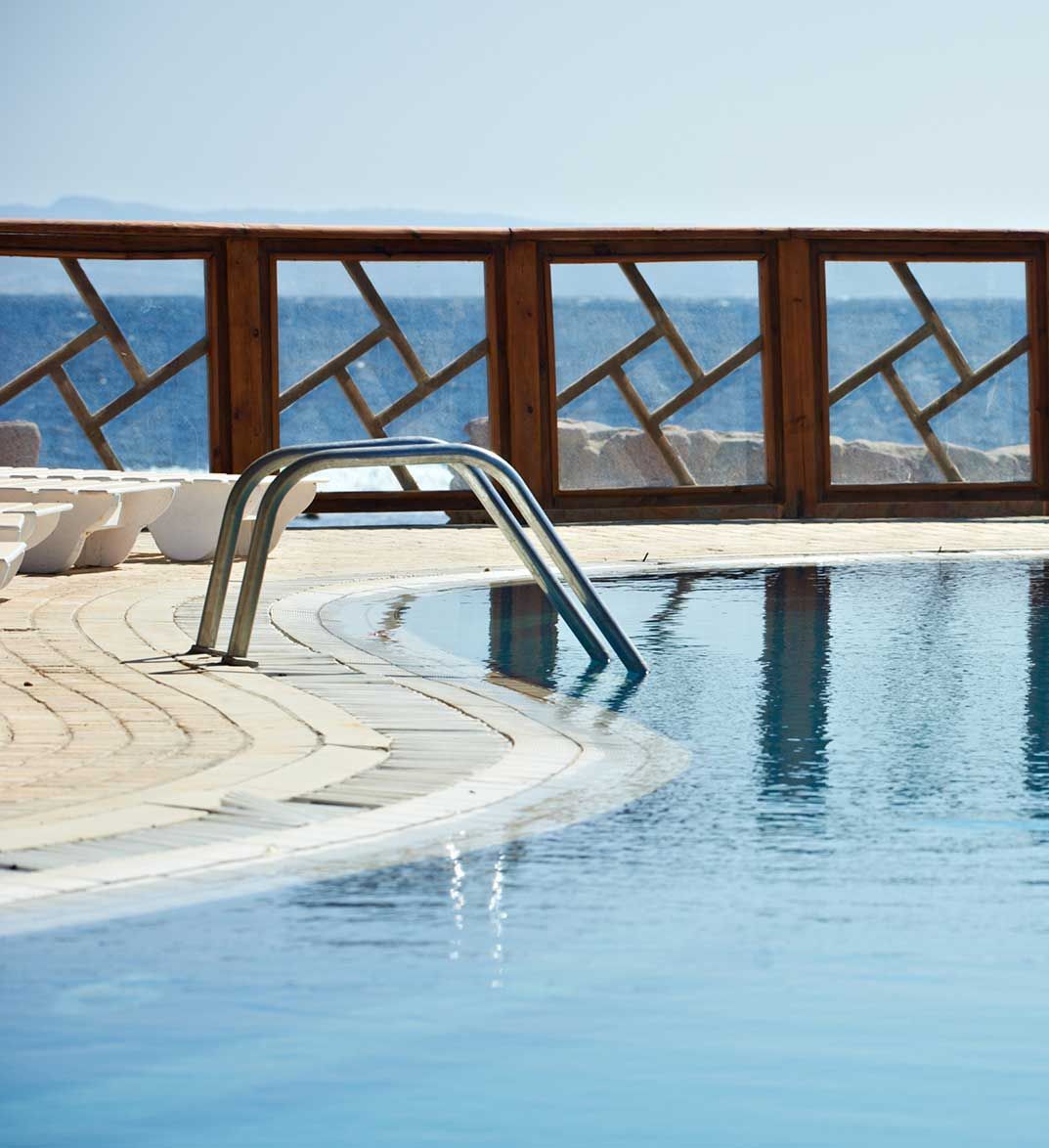
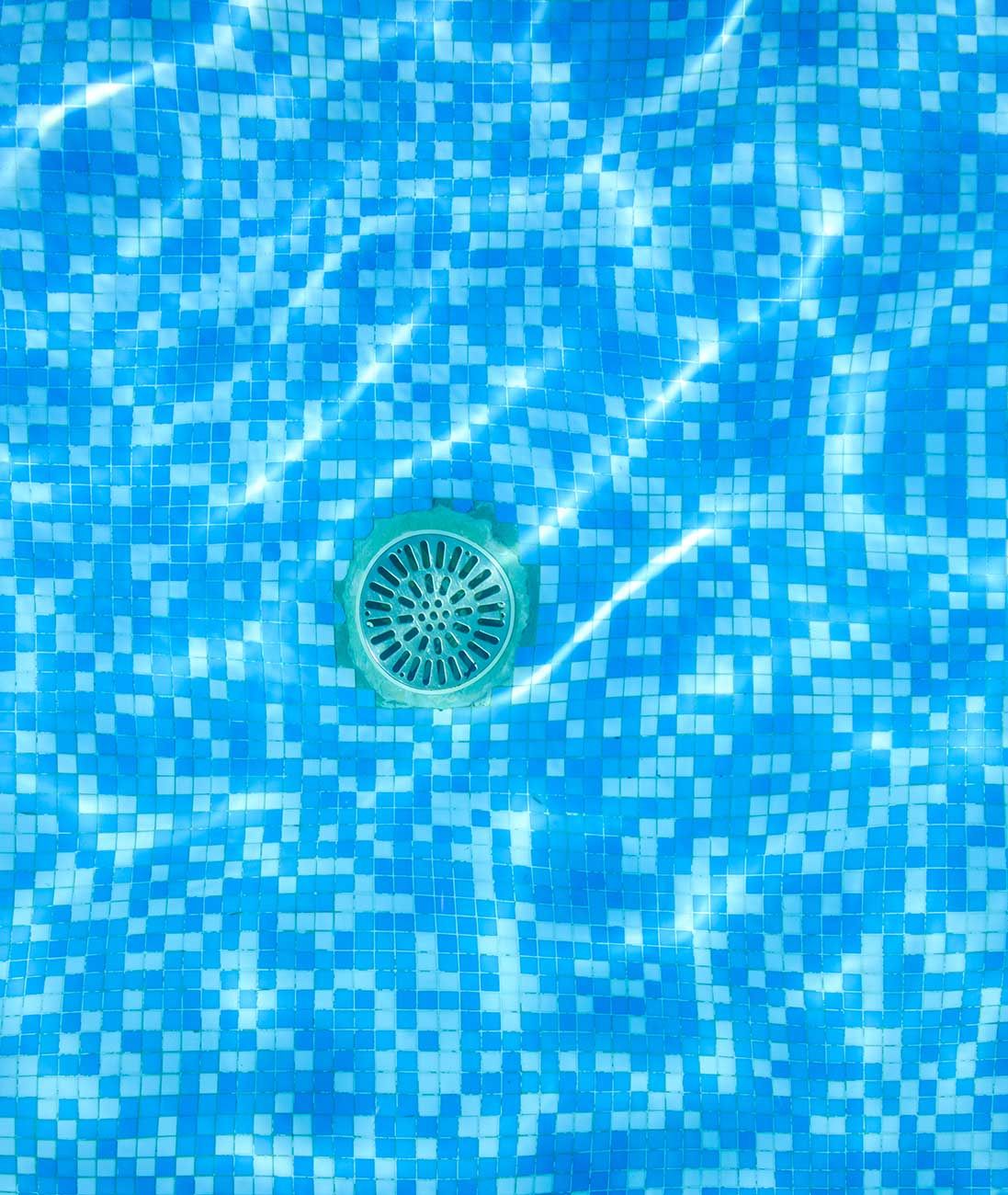
Ensure Proper Drainage
Creating a safe swimming environment requires paying attention to proper drainage. It is crucial to ensure that pool water is effectively drained away from the pool area, and that any run-off is directed to a safe location, avoiding collection in the immediate vicinity. To meet safety standards, your pool must have a compliant drain cover that is securely affixed. Regular inspections should be conducted to identify any signs of damage or wear.
Moreover, an efficient drainage system is essential to handle excess water. All pipes must be correctly sized and securely connected to allow smooth water flow without obstructions or blockages. It is vital to have a dedicated overflow pipe that meets proper specifications and is regularly inspected for damage or blockage.
Remember, compliance with local and regional building codes is paramount when installing any drainage system. To ensure ongoing safety, regular inspections and maintenance are necessary. Should repairs or replacements be required, it is crucial to enlist the services of qualified professionals who can guarantee adherence to safety standards.
Keep Safety Equipment Available
Generally speaking, all swimming pools should have life-saving equipment such as a buoyant lifesaver, a rope, a pole, a ring buoy, or a life buoy. Additionally, a pool should also have a first aid kit and a telephone in close proximity to the pool in case of an emergency.
Having an adequate amount of safety equipment is not only important for the safety of pool users, but also for the safety of the pool itself. Properly maintained safety equipment can help to prevent potential accidents and injuries caused by defective or malfunctioning equipment.
It is also important to ensure that safety equipment is regularly inspected and replaced when it is no longer in optimal working condition.
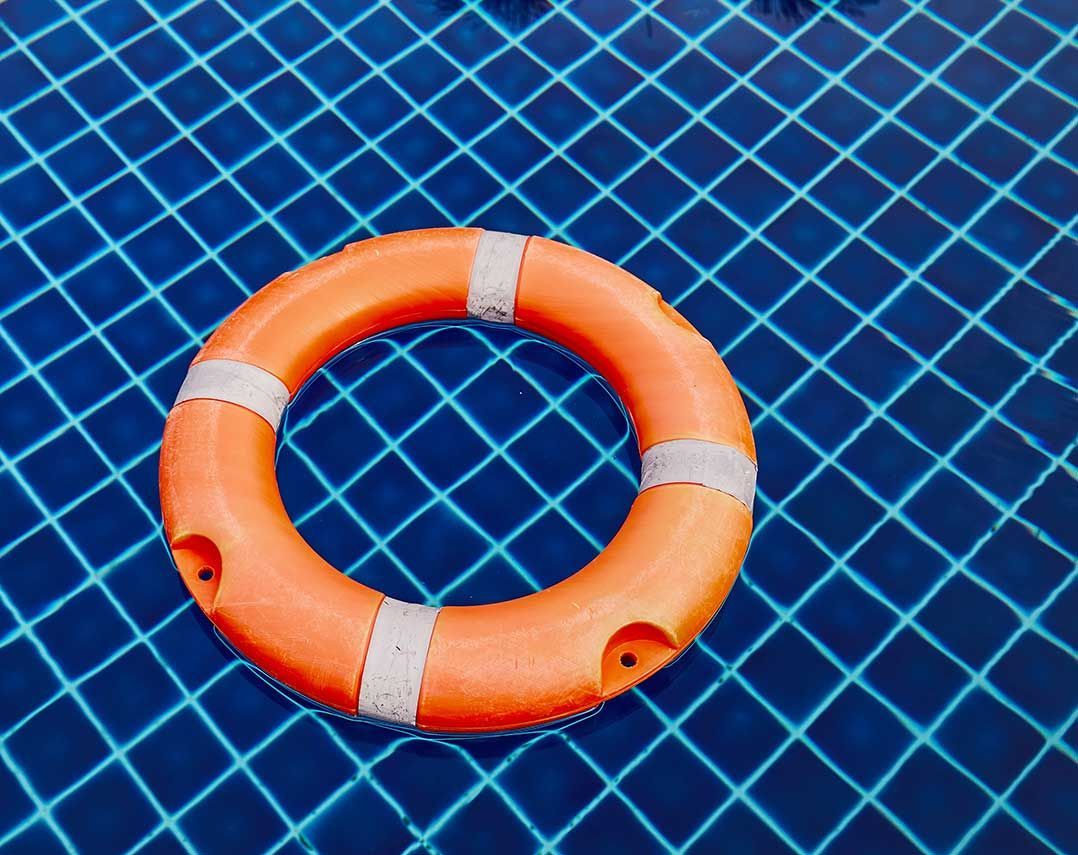
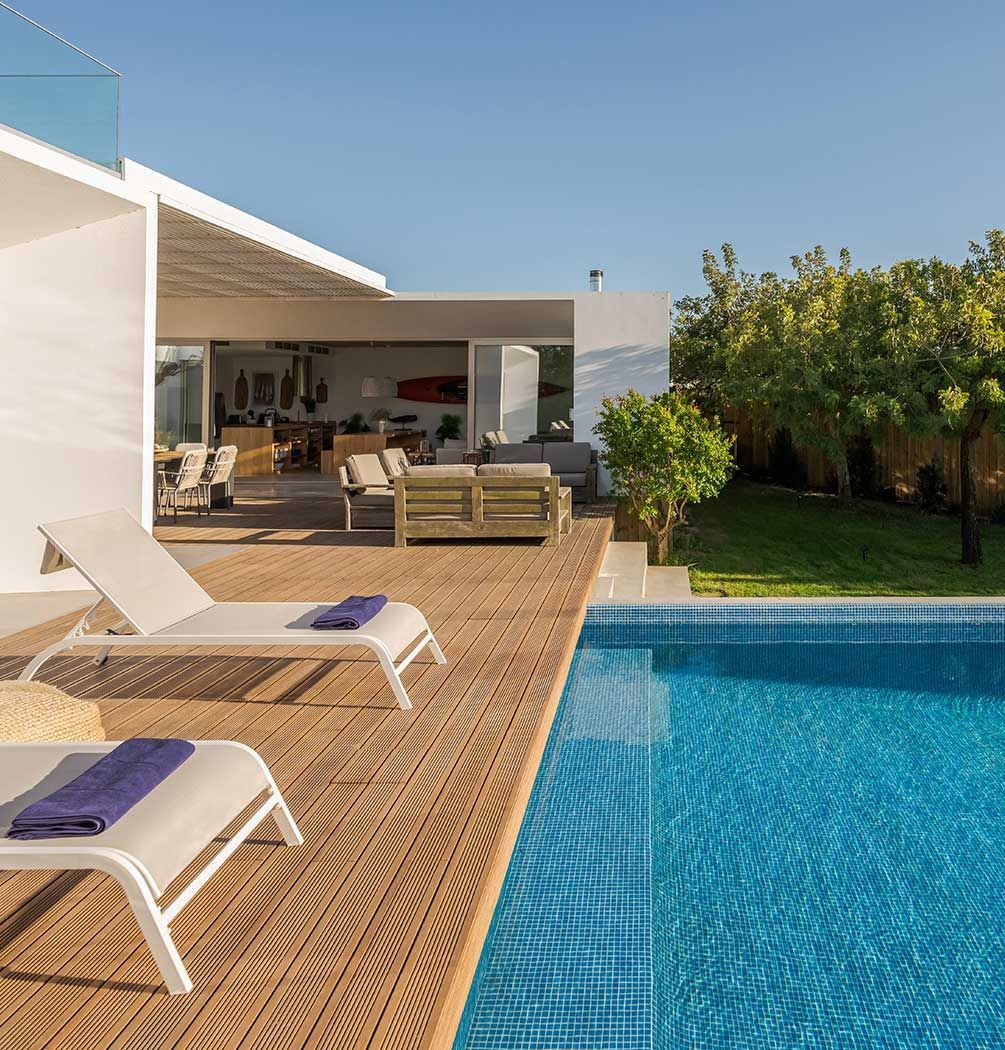
Maintain Decks and Surrounds
All decks, steps, and pool surrounds should be kept clear of debris and free of tripping hazards such as toys, furniture, and garden hoses. It is also important to ensure that pool decks are kept in good condition, slip-resistant, non-skid, and free of cracks, chips, or other damage that could cause accidents.
Decks and pool surrounds should also be kept free of sharp corners, protrusions, and obstacles. All edges should be rounded off or covered with a rubber guard to provide a cushioning effect and reduce the likelihood of injury. Properly placed handrails and ladders should also be used to assist swimmers in and out of the pool.
It is imperative that decks and pool surrounds be kept free of electrical outlets and wiring that could create a shock hazard. All lights and electrical components should be inspected regularly for signs of wear and tear and repaired or replaced as needed. Pool owners should also consider the use of
ground fault circuit interrupters (GFCI) to protect against electrical shock.
Regular Water Quality Testing
Ensuring a safe and enjoyable swimming experience for all requires consistent monitoring of the water quality. To ensure the pool is in compliance with local, state, and federal regulations, regular testing of the pool's water is essential.
This testing should include:
Chemical:
- pH levels
- Chlorine levels
- Total Alkalinity
- Calcium Hardness
Physical:
- Temperature
- Turbidity
- Color
Biological:
- Bacteria
- Algae
Testing should be done at regular intervals to ensure that the pool is safe and the water is clean. This will ensure that the pool is not a health hazard and that swimmers are not exposed to any dangerous microorganisms.
Additionally, it is important to test the water before and after heavy rains and when the pool is first opened for the season. By testing the water regularly, the pool operator can be sure that the water is safe to swim in and in compliance with all regulations.
Contact Pool Safety Check for your water testing!
Pool Maintenance Requirements
Maintaining a pool requires regular attention to several areas in order to ensure its optimal functioning.
These areas may include testing and adjusting the pH and chlorine levels, properly cleaning and backwashing the filter, skimming the surface of the pool to remove debris, and checking the pump, filter, and heater for any potential issues.
Regular maintenance is essential to maintain a safe and enjoyable pool environment.
Frequently Asked Questions
Contact Pool Safety Check for your pool compliance needs!
With the help of a certified pool safety inspector, pool owners can rest assured that their pools are compliant with all local and state regulations and that their swimming environment is safe and enjoyable.
Regular maintenance and monitoring of the pool should be conducted to maintain a healthy, safe, and enjoyable swimming environment for all.

